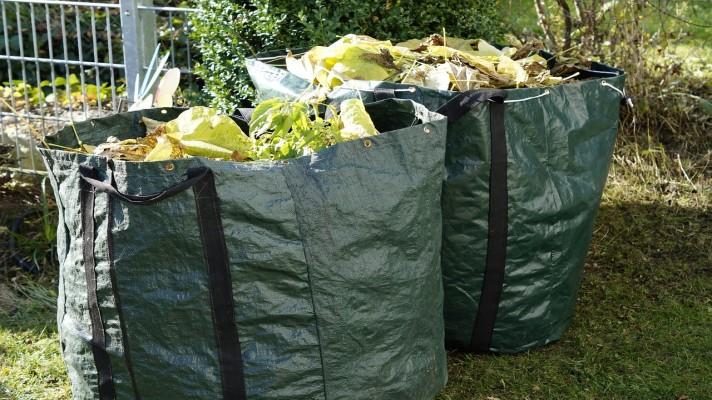ECOMONDO 2017: Integrated management and enhancement of secondary organic flows of urban origin
Every day, huge streams of waste material are generated in urban areas and require considerable investment for their proper disposal.
With a view to the development of "Circular Economy" and "Bioeconomy", the integrated management of the above mentioned urban wastes can contribute to their full exploitation, through both the recovery of material resources (nitrogen and phosphorus) and the development of new bio-based materials and/or biofuels.
In particular, the integration of municipal organic waste treatment with civil wastewaters and their related sewage sludge may facilitate an optimal use of the available technologies (e.g. by allowing them to reach an adequate treatment capacity even for medium-small local frames and/or by exploiting any reactor volumes that are already available in the sludge lines). It can also accelerate the development of emerging technologies, especially in support of bio-products with a higher added value.
These innovative technologies can be adopted for processes already applied such as the combined production of compost and biogas. A possible integration with thermal processes is also possible in order to broaden the spectrum of added-value products.
In addition, an integrated management of secondary organic streams of urban origin could be extendedin order to include other waste materials such as those deriving from the agro-industrial sector and the retail and wholesale sectors, which have similar compositions and often originate around the urban area. Of course, this integrated management requires to address not only the technical and economic aspects, but also the protection of human health and safety and also the environmental sustainability, which eventually call for the definition of new "end of waste criteria" that need to be adequate for the new technological chains and new bio-materials and bio-products.
This approach appears to be fundamental in the creation of the necessary interaction, from a B2B perspective, between the sectors of the "waste / wastewater management" on one hand and downstream segments of the production and placement of "bio-based products (eg, the sectors of the bioplastics and biolubricants) on the other one. Nor should we neglect the key role of local authorities and industry associations, starting from the stages of technological development and setting of market strategies.
At ECOMONDO 2017 all these topics will be discussed during the workshop "Integrated management and enhancement of secondary organic flows of urban origin" (Tuesday 7 November, Sala Ravezzi 2, from 10am to 6pm in Italian/English with simultaneous translation) presenting and comparing the most advanced management experiences (from case studies in various European cities) and the new technology chains, which are emerging at least at pilot level from various National and International Projects
